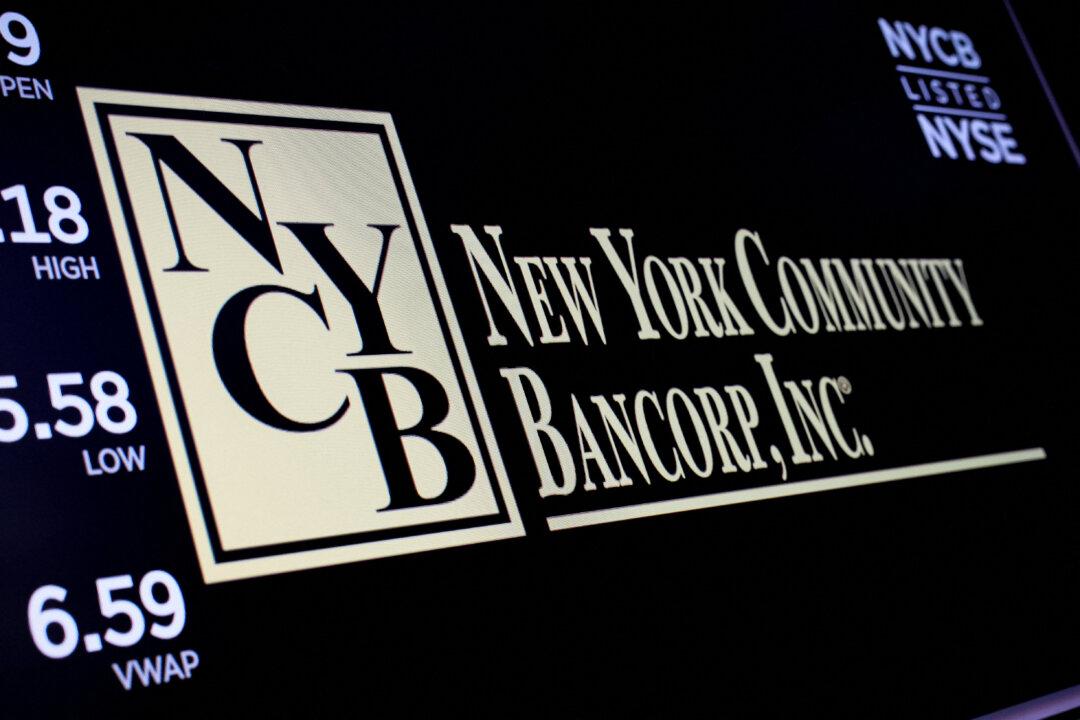New York Community Bancorp will live to see another day after announcing a substantial capital infusion and a notable leadership shakeup involving a former Trump administration official.
After days of liquidity concerns, the struggling regional bank reached an agreement with several investment firms to shore up its balance sheet and restore client and shareholder confidence.





